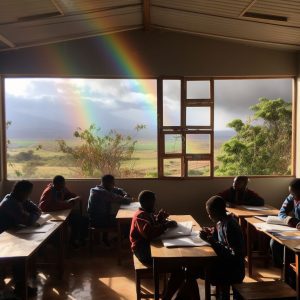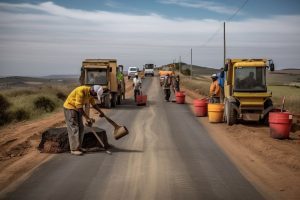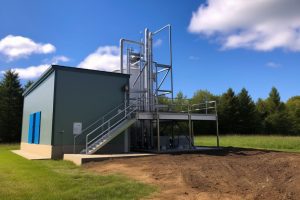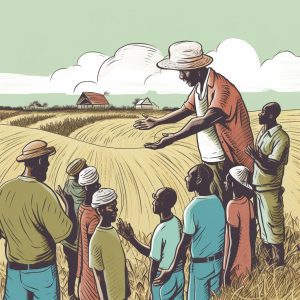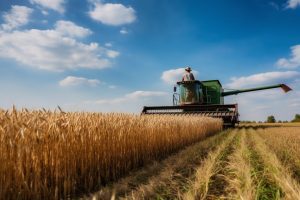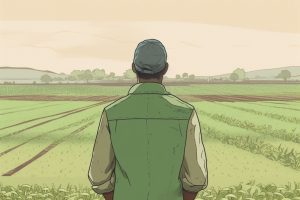South Africa recently saw a historic conversation between Deputy President Paul Mashatile and representatives from the National House of Traditional and KhoiSan Leaders, reflecting on three decades of South African democracy. The dialogue highlighted achievements and future aspirations, challenges and initiatives, and initiatives towards a prosperous future. The government is prioritizing capacitybuilding programs, empowering traditional leaders to contribute to societal change and tackling social issues like substance abuse, crime, GenderBased Violence, and Femicide.
The Eastern Cape Department of Rural Development and Agrarian Reform (DRDAR) has taken a significant step towards empowering women in agriculture by promoting household food gardens. These initiatives spark economic freedom for both farmers and their employees, as evidenced by the success of Nontuthuzelo Mbele from Goso Village in the Alfred Nzo District.
The Magic Classroom Collective is a group of educators who have been working tirelessly for over 15 years to improve the quality of education in rural Mthata in the Eastern Cape. Supported by the Nelson Mandela Institute for Education and Rural Development at the University of Fort Hare, this unique initiative has defied the odds and achieved remarkable transformations in the region’s primary schooling landscape.
During the recent budget vote presentations in the North West Province, three major departments outlined their proposals for the upcoming financial year. ### Department of Economic Development, Environment, Conservation, and Tourism
The Eastern Cape has faced several developmental challenges over the years, including high unemployment rates, poor infrastructure, and inadequate access to basic services like healthcare and education. In response to these issues, the South African government has implemented several initiatives to promote development in the region.
South Africa’s Department of Agriculture, Land Reform and Rural Development (DALRRD) recently presented its Budget Vote for the 2023/24 financial year. In response to the challenges faced by rural communities due to extreme weather events, the COVID19 pandemic, and an ongoing electricity crisis, the department emphasized several key initiatives aimed at empowering and uplifting these communities. The following sections highlight some of the initiatives described in the budget vote.
Deputy Minister Mcebisi Skwatsha discusses the progress made in land reform and rural development in South Africa since the Restitution of Land Rights Act was enacted in 1994. ## Land Redistribution
Agriculture is a vital sector in the South African economy, contributing to the nation’s employment growth and social stability. The Minister of Agriculture, Land Reform, and Rural Development, Ms. Thoko Didiza MP, has expressed her encouragement regarding the sector’s overall contribution to employment in the country.
South Africa’s agricultural sector must undergo transformation and evolution to redress the historical injustice of the Native Land Act and ensure economic growth, social wellbeing, and environmental sustainability. This article explores the necessary steps to revitalize the agricultural sector, including investments in underutilized communal lands, enhancing rural economies, tackling climate change, empowering previously disadvantaged farmers, and leveraging technology for rural development.



